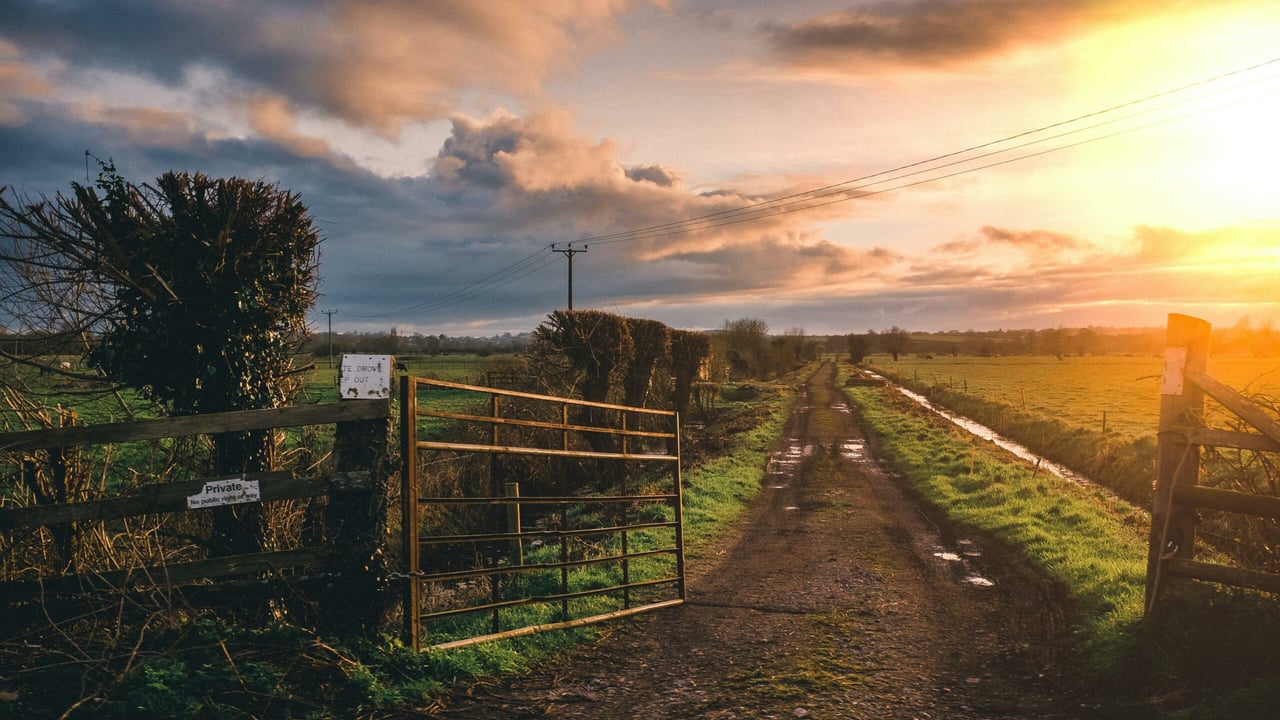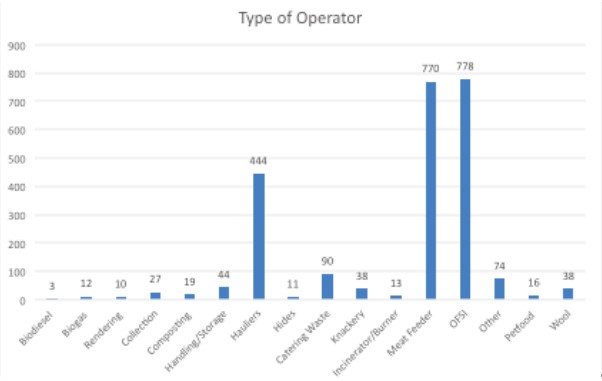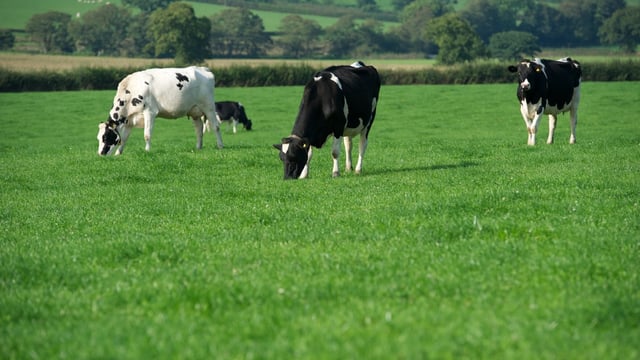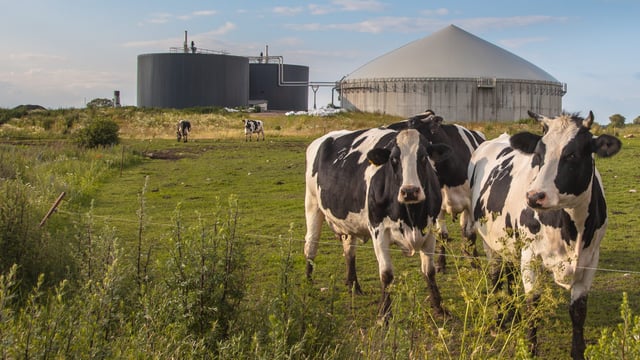Ireland’s rendering industry turnover is €160m annually
Ireland’s rendering industry is worth an estimated €160 million annually, the Department of Agriculture, Food and the Marine (DAFM) has revealed.
In 2023, the rendering sector processed roughly 550,000t of raw animal by-products (ABP) from the meat industry, fallen animals, the food and catering sectors, and manure from farmed animals.
ABP are the parts of animals not suitable for human consumption, including hides, hair, bones, innards and manure.
The sector also provides over 300 jobs throughout the state, the DAFM detailed in its annual report for 2023.
It also produces valuable derived products, such as processed animal protein, tallow and meat and bonemeal (MBM).
The DAFM regulates over 2,300 ABP operators under European Union (EU) and national law, covering areas such as the collection, transport, handling, treatment, transformation, processing, storage, and disposal of ABP.
The type of operations includes rendering plants, renewable biogas production, composing for the generation of growth substrates and organic fertilizers, fallen animal collection, educational institutions and research and development facilities for the pharmaceutical industry.
Following amending EU legislation, introduced in 2020, which allowed MBM to be used as a fuel, the DAFM is working with industry to develop sustainable, long-term options for the use and disposal of the material on the island.
Ireland produces some 60,000t of MBM annually. Under EU amending legislation, Ireland will no longer be permitted to export Cat 1 MBM out of the EU for disposal from the end of June 2025.
The European Commission supports the efforts of Ireland to establish its own combustion capacities for disposal of animal by-products.
The DAFM has approved 38 knackeries under the ABP regulations for the collection and disposal of fallen animals.
In 2023, the department provided financial support for the collection of approximately 64,500 fallen animals, in particular bovines over 48 months of age.
A fallen farm stock element, which was introduced in 2020, subsidises farmers for the collection and disposal of other farm stock, including bovines under 48 months (not subject to Transmissible Spongiform Encephalopathies (TSE) testing), sheep and goats and in March 2023, a further subsidy was introduced for 0-6 month calves.






